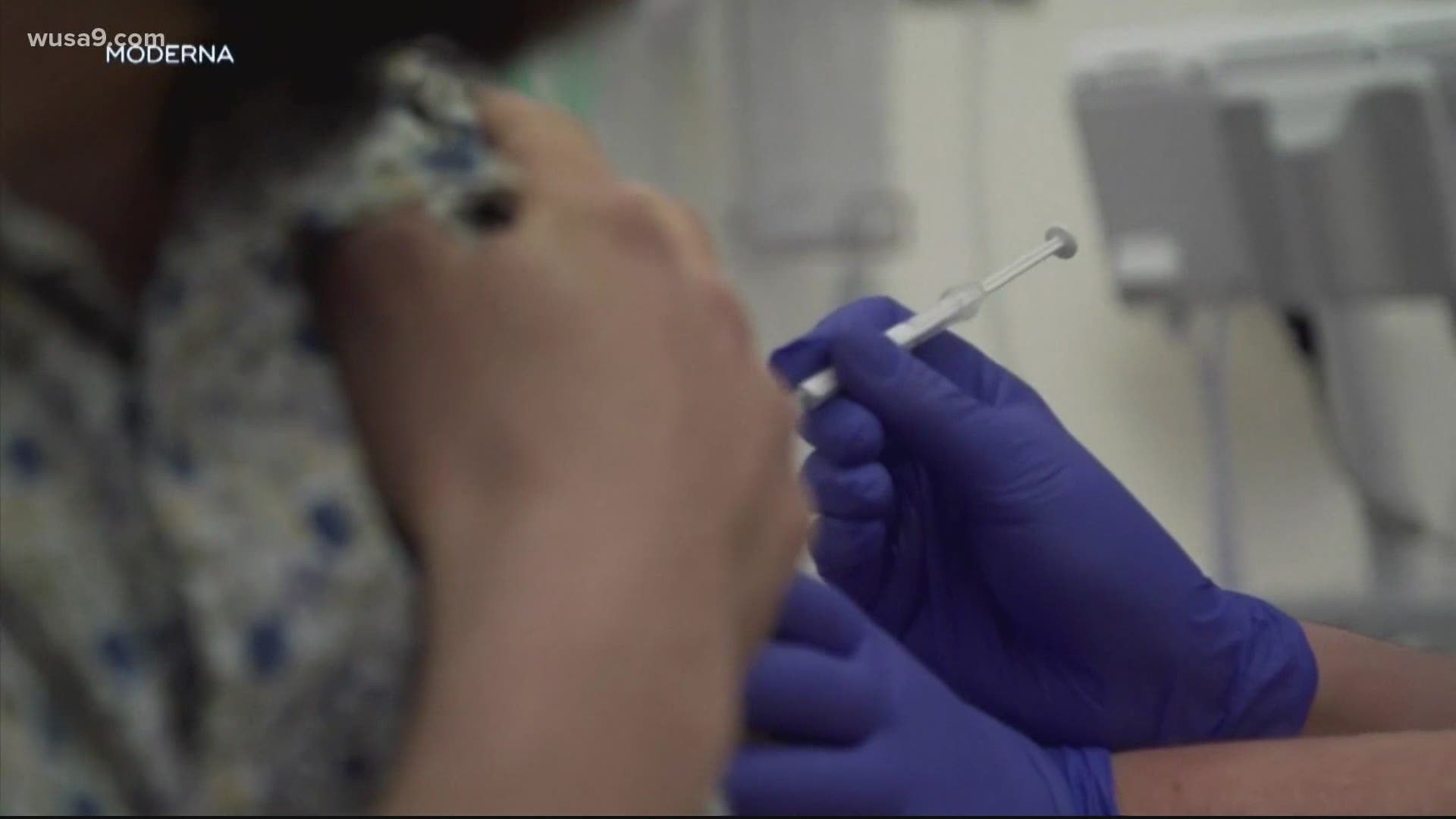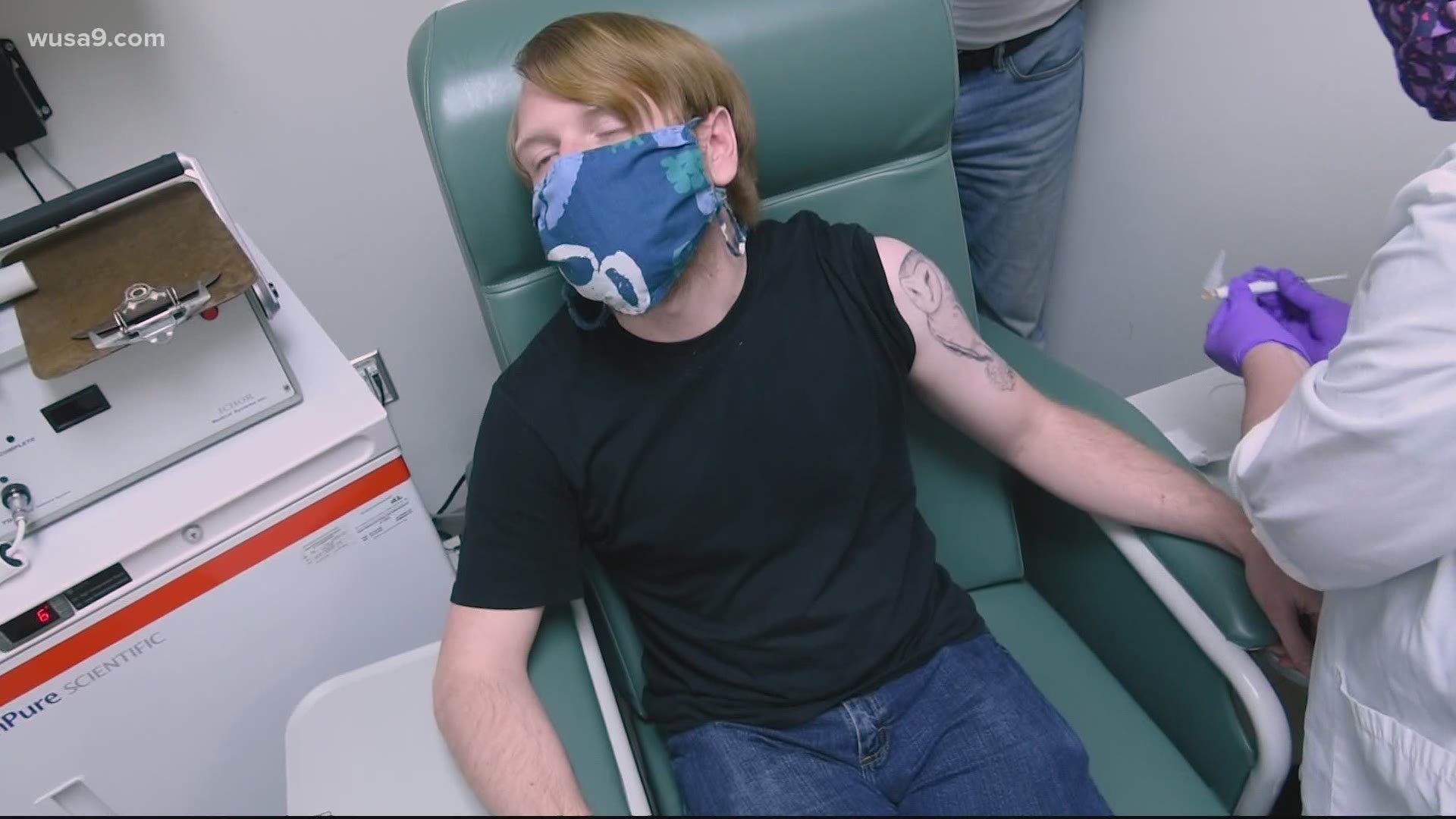WASHINGTON — A recent poll found that only half of Americans surveyed plan to get a COVID-19 vaccine once it is available. The results are troubling for the medical community. A small team of medical experts released new findings and guidelines on how to plan a successful vaccination program in the JAMA medical journal.
Many experts agree that one of the best ways to fight COVID-19 will be with a vaccine as the virus continues to spread rapidly across the globe. As of Wednesday, more than 4.7 million cases are confirmed in the U.S. with more than 156,000 deaths, according to Johns Hopkins University.
Despite the grim reality of this virus, which has been looming for at least six months, the latest poll data by the AP-NORC Center found that only 49% of Americans will get the vaccine when it is available. An overwhelming majority of individuals state concerns over potential side effects or actually catching the virus from the vaccine.
Dr. Linda Fu, a pediatrician at Children’s National Hospital and one of the researchers behind recommendations, tells WUSA9 people should know that the process of approving a vaccine is rigorous even though it is on the fast track for manufacturing.
“All the steps of testing, safety and efficacy are still being done," Dr. Fu said. “The trials are being done in thousands of people.”
Dr. Fu, Dr. Sarah Schaffer DeRoo of Children’s National and Dr. Natalie Pudalov are behind new research in the JAMA Network peer-review medical journal that offers guidelines for planning a successful vaccination program to “ensure readiness” of the general public and health community.
“So often we focus on getting the solution and getting the vaccination, but it’s not effective unless it’s going into people’s arm,” Dr. Fu said. “Education is as important.”
According to the two-page guidelines, Dr. Fu and her team suggest that health experts develop "robust" educational campaigns about rigorous testing and the vaccine approval process. She said these are stepping stones to build trust in the vaccine before it is available.
Another recommendation involves conversations about the vaccine between front line healthcare workers and patients. Once medical workers get the vaccine, they are encouraged to share their own experiences and make recommendations for getting vaccinated.
Right now, several vaccines are in the final phase of testing, but it could be months before one is approved.
Once the vaccine becomes available – Dr. Fu and the team said it must be delivered “swiftly and broadly” to substantially reduce morbidity and mortality. It should also be distributed to communities equitably and quickly, protecting everyone no matter where they live.
You can read more about the findings and research here.


